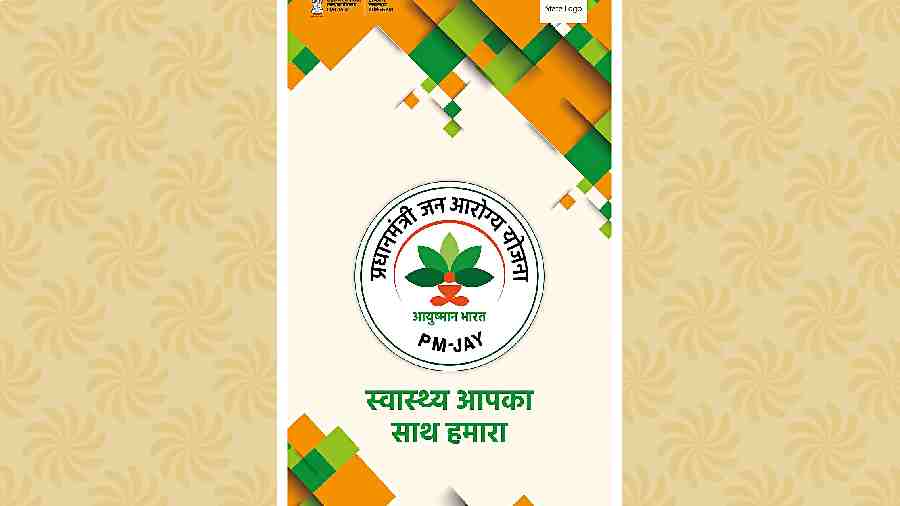The parliamentarian, Kanimozhi, from Tamil Nadu had once struggled to pronounce ‘Atmanirbhar Bharat Abhiyaan’. She then said welfare schemes should be named in English or in a regional language. Her remark was targeted at the ruling National Democratic Alliance, which is known for its eagerness to prioritise Hindi.
About 44 per cent of the Indian population, says Census 2011, do not speak Hindi. Therefore, unveiling a welfare scheme that sets out to benefit them in a language that they don’t follow not only restricts their rightful access to it but also cries for a response to address the problem. Approaching the issue from a constitutional perspective may have its own merit.
Article 38 under the Directive Principles of State Policy seeks to create a “social and economic democracy through a welfare state”. However, enabling schemes are framed at the discretion of the Centre. Since Article 1 confirms that India “shall be a union of states”, the collective welfare of all states must be reflected. Welfare schemes in Hindi hinder this vision of inclusivity. Formulating a public policy scheme in a language that is inaccessible to the targeted population undermines the reach of the welfare State.
India lacks a legislative measure that can guide the Union government to ensure inclusivity on the basis of accessible language. If a member of Parliament cannot comprehend the title of a Central scheme, the threat of the programme reaching the last citizen becomes undeniable. A constitutional approach can address this gap to a large extent. India has three lists — Centre, State and Concurrent — under the Seventh Schedule. While welfare measures are bestowed upon the Centre by Article 38, the Concurrent List features several entries pertaining to ‘welfare measures’, ‘economic and social planning’, ‘social security’ and so on. While several states are working with the Centre to mobilise the benefits of state schemes, Central schemes have also inspired those of the state. The mid-day meal scheme of Tamil Nadu, which was later adopted as a national scheme, is a classic example of Centre-state cooperation benefiting citizens by providing accessibility. Regional language can play a critical role in bolstering the reach of welfare initiatives further.
As the Union is vested by the Constitution to abide by the official languages, the Centre should name schemes in English and Hindi. Thereupon, it would be the executory obligation of the states to translate the same so that it reaches the proverbial last person in the line. The Centre must also share the responsibility of creating public awareness about schemes in a manner that would be understood by all. Institutions with expertise and think tanks can be encouraged to participate in translation projects of public endeavours.
Only collective action concerning welfare policy can put an end to the politicisation of inclusivity. Politics can function as a catalyst to generate linguistic diversity when it comes to operationalising welfare measures. Cooperation between the Centre and the states would be instrumental in preserving the ethos of India being a socialist, democratic republic.










